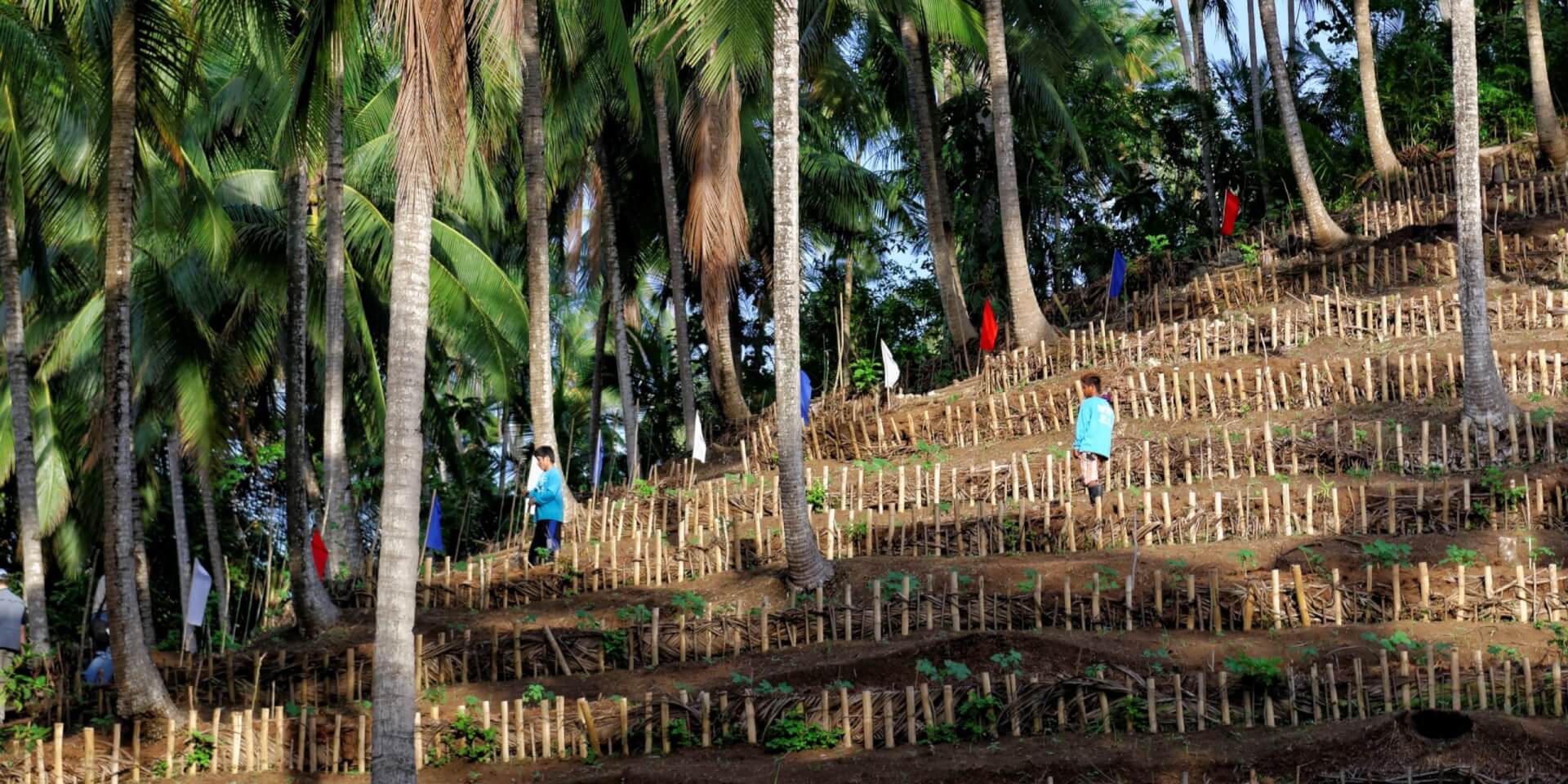
The online launch of the report will take place during a live online press point on 1 March 2023 at 15:00 CET | 14:00 UTC. Click here for more information and registration details.
February 28 2023, Montevideo, Uruguay
The global toll of disasters like the recent earthquake in Türkiye and Syria is on the rise because of a breakdown in communication between scientists and governments, according to the International Science Council’s new report.
On the backdrop of the The VIII Regional Platform for Disaster Risk Reduction in the Americas and the Caribbean, the mid-term review of the UN’s disaster prevention framework (2015-2030) by the International Science Council has been launched, reporting that a lack of long-term planning and investment has put the world off track for reducing the impact of shocks and hazards by 2030.
Since 1990, more than 10,700 disasters worldwide have affected more than six billion people, the report found, with the growing severity of extreme events setting back development gains in many parts of the world. The average annual direct economic losses from disasters increased from an estimated US$70 billion in the 1990s to US$170 billion in the 2010s. More than 46,000 people are reported to have died in the 7.8-magnitude earthquake in Türkiye and Syria alone, with anticipated economic losses of an estimated $84 billion.
Yet despite the increasing scale and frequency of disasters, only five per cent of official development aid for disaster-related purposes was invested in risk reduction and preparedness between2011 to 2022. Five years after the UN launched a global monitor for disaster losses and prevention strategies, more than half of countries still do not have an adequate national disaster risk monitoring system.
“While the international community is quick to mobilize after disasters like the recent earthquake in Türkiye and Syria, far too little attention and investment is put to long-term planning and prevention, from strengthening building codes to adopting hazard alert systems,” said Peter Gluckman, President of the International Science Council.
“This mid-term review urgently recommends a rethink of how risk science informs decision-making, supported by early warning systems, disaster monitoring and evidence-based risk governance.”
The report was produced as part of an official mid-term review by the UN Office for Disaster Risk Reduction (UNDRR) of the Sendai Framework, which was agreed in 2015 and set out to reduce the human, economic and social cost of disasters. Its implementation in the Americas and the Caribbean is currently under discussion at a Regional Platform for Disaster Risk Reduction taking place in Uruguay this week.
Despite progress including the adoption of disaster risk reduction strategies by 125 countries and reductions in mortality, the impact of disasters on the economy and people has increased.
The authors emphasized the critical role of nature and biodiversity in both reducing the likelihood of disasters and equipping communities and ecosystems to withstand shocks. For example, research suggests that preserving and restoring mangrove forests generates 10-fold returns, preventing damage worth more than US$80 billion caused by flooding, while also protecting and creating new opportunities for sustainable livelihoods.
Among the recommendations was the development and adoption of multi-hazard early warning systems, given evidence that a 24-hour storm warning can reduce damage by 30 per cent. Such systems could also monitor for environmental degradation to alert authorities to conditions that presage a disaster.
Early warnings also played a role in improving social protection by enhancing a country’s capacity to provide targeted support to its most vulnerable populations in the event of disasters, the report said.
“The multiple challenges of the last three years have laid bare the fundamental need for greater global readiness for the next disaster. We need to reinforce our infrastructure, communities, and ecosystems now, rather than rebuild them in the aftermath,” said Mami Mizutori, Special Representative of the Secretary-General for Disaster Risk Reduction.
“This report is a timely reminder that science-based solutions exist but must be urgently integrated into public policy if we are to make up ground on fulfilling the Sendai Framework by 2030.”
Watch the launch
For further information or interview requests, contact:
Donna Bowater
Marchmont Communications
[email protected]
+61 434 634 099
Matthew Stafford
Marchmont Communications
[email protected]
+44 (0) 7788 863 692
Image: Marcel Crozet / ILO 18-11-2013